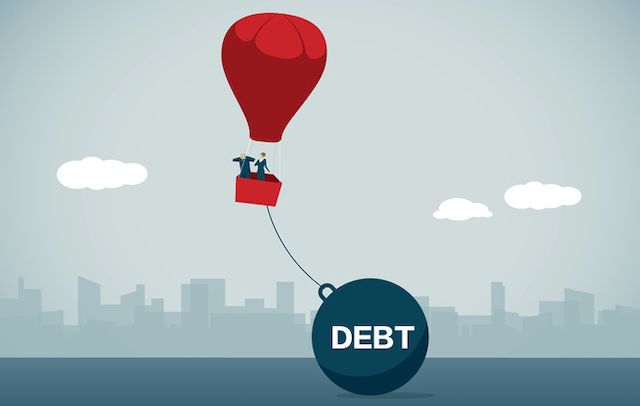Central banks and investors favoured companies with strong balance sheets in the second phase of the correction due to covid-19, a paper has found.
“In this phase of uncertainty and of sudden economic shocks, markets have distinguished companies with strong balance sheets from those with weaker ones,” Amundi Asset Management noted in a report.
The MS European strong balance sheet index has outperformed its weak version increasingly since 2019, as well as during the crisis (see below chart).

Kasper Elmgreen, head of equities at Amundi, explained to Expert Investor why balance sheet strength and resilient business models are key for companies in this crisis.
He highlights that the “forward visibility continues to be very low and [the] range of potential outcomes are wide”.
“The reason for [this] is that economic forecasts are extremely sensitive to the length of confinement and the path of subsequent demand recovery. Facing problems of liquidity or solvency in periods like these can cause existential threat for a company or the threat of significant shareholder dilution,” he adds.
In terms of sectors, Amundi sees good opportunities in both defensive industries and cyclicals, including the luxury sector.
The auto and airlines sectors look vulnerable, and some are likely to require debt guarantees and potentially nationalisation in a couple of months, the research paper said.
While weaker companies may not survive, Amundi said that those firms that are helped during the crisis by governments will likely have to carry larger social burdens and face more regulation.
“Therefore, from investors’ perspectives, it will be critical to distinguish companies and sectors that can survive the crisis from those that cannot withstand the downturn. This is possible through a case-by-case analysis of balance sheet sustainability and individual business models,” the authors of the paper said.
Banks with weak balance sheets will be hit by the crisis.
“We believe bank profitability is likely to be affected by the high risk of tail provisioning, loan repayment forbearance, and the crisis could shake out the weaker players, leading to a pick-up in consolidation when we exit the downturn,” the paper writes.
Meanwhile, Amundi also expects the crisis to be an earnings event for strong banks.
More market stress possible
Given the unprecedented confinement measures by governments, the fall in European earnings per share (EPS) could be equivalent to or much worse than that recorded in the 2008 crisis.
The authors outlined three scenarios in terms of earnings growth – optimistic, central or bearish.
In year one (2020), these could fall by -35%, -60% or -110%, respectively.
In year two (2021), earnings should rebound to 0%, -10% or -60%, respectively (see below chart).

A regression between forward profits and the level of the MSCI Europe Index suggests that the market is already pricing in a 35% drop for 2020 EPS.
This is in line with the rosier scenario (-35%), however less than the central scenario of -60%.
This means, Amundi said, that it cannot rule out a new surge in market stress, especially if the pandemic were to last or if there is a second wave of infections.
Yet, the forecast also anticipates that earnings could start to rebound already in 2021.







